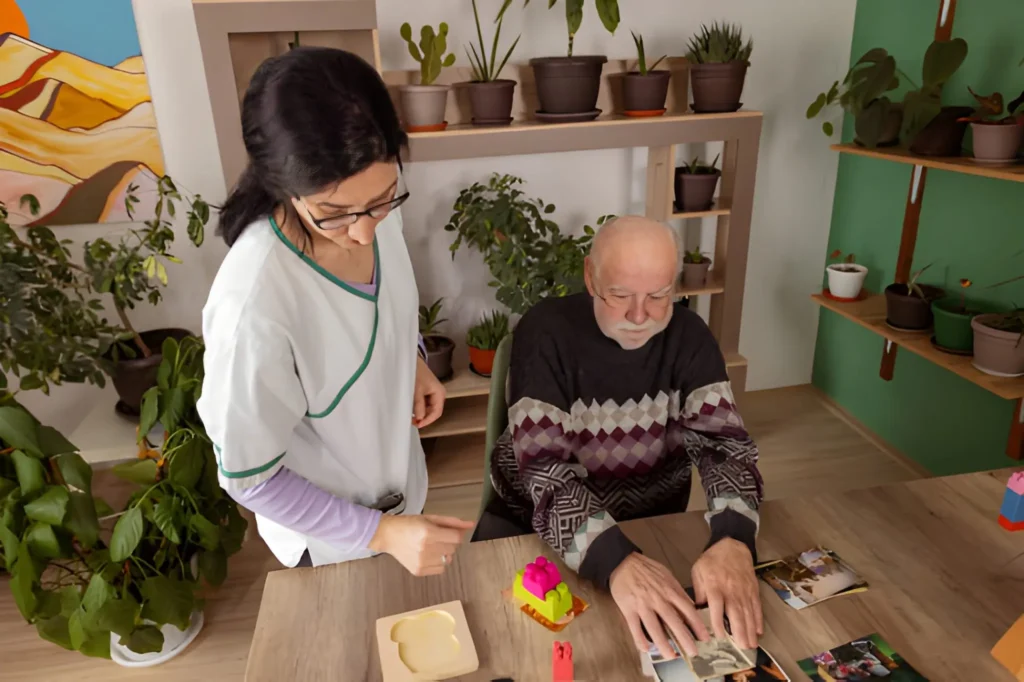Living with dementia can be an overwhelming experience, both for the person affected and their loved ones. As the condition progresses, maintaining independence, comfort, and emotional well-being becomes increasingly important. Personalized home care offers a compassionate solution, tailored to the individual’s unique needs, routines, and preferences. It helps create stability and familiarity, two things that are invaluable in dementia care.
Understanding the Importance of Personalized Care
Dementia affects everyone differently. While some individuals may struggle primarily with memory loss, others may experience confusion, mood changes, or communication difficulties. Because of this, a one-size-fits-all approach rarely works. Personalized care ensures that support is designed around the person’s specific challenges, abilities, and personality.
A dedicated caregiver can take the time to understand daily routines, favorite activities, and comfort triggers. This individualized approach encourages a sense of normality and self-worth, helping the person maintain control over their daily life for as long as possible. By focusing on what the individual can do, rather than what they can’t, home care nurtures a more positive outlook and enhances quality of life.
Maintaining Familiarity and Routine
Familiar environments and consistent routines are vital for individuals with dementia. Changes in surroundings or caregivers can increase confusion and distress. Home care allows people to stay in a place they know and love, surrounded by their personal belongings, memories, and loved ones.
With a consistent routine, such as waking up at the same time, eating familiar meals, and engaging in comforting activities, daily life feels safer and more predictable. This stability reduces anxiety and helps individuals remain more oriented and confident throughout the day. Personalized caregivers can adjust routines gradually when needed, ensuring transitions happen gently and without unnecessary disruption.
Emotional Support and Companionship
Beyond practical assistance, emotional support is one of the most powerful aspects of dementia home care. A compassionate caregiver provides companionship and conversation, both of which can significantly impact mental and emotional well-being.
As social connections decline, loneliness and isolation can become major challenges for those with dementia. Having a familiar face visit regularly, or live in, helps prevent these feelings. Meaningful engagement, whether through conversation, shared hobbies, or music, can boost mood and even slow cognitive decline by stimulating memory and emotional response.
Encouraging Independence and Dignity
Preserving dignity is a key principle in effective dementia care. Personalized support focuses on enabling independence wherever possible, helping with daily tasks while still allowing the person to participate in decisions and actions.
Simple adjustments, such as labeling items around the home or offering gentle reminders rather than taking over tasks completely, can make a big difference. The goal is to empower individuals to live as independently as possible while ensuring their safety and comfort. This respectful approach reinforces confidence and a sense of identity, both of which are essential for emotional well-being.
Supporting Families and Reducing Stress
Caring for a loved one with dementia can be emotionally and physically demanding. Personalized home care not only supports the person living with the condition but also provides much-needed relief for families. Knowing that their loved one is in capable, compassionate hands offers peace of mind.
Professional caregivers bring specialized knowledge about the condition, including how to manage challenging behaviors and communication difficulties. This expertise helps families feel reassured that care is being delivered in the most effective and understanding way possible. For those seeking compassionate, tailored support, dementia home care offers a trusted solution that promotes comfort and quality of life.
Enriching Everyday Life
Ultimately, personalized home care transforms the dementia journey from one focused solely on decline to one centered around living well. Whether it’s enjoying a walk in the garden, listening to favorite music, or sharing a cup of tea, these simple moments bring joy and connection.
When care is designed around the individual, it becomes more than a service; it becomes a partnership built on empathy, respect, and understanding. Through this person-centered approach, individuals with dementia can continue to experience meaning, comfort, and dignity in their everyday lives.
Also Read–The Rise of Sleep Health Technology







